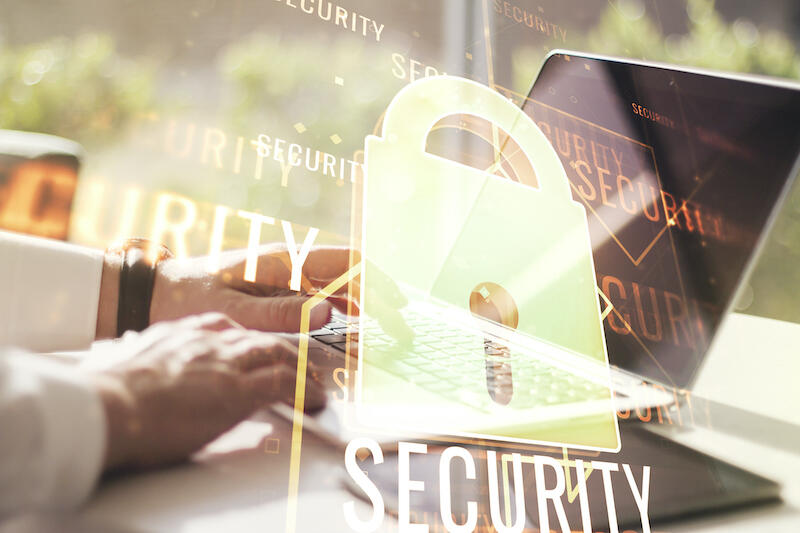- Oura Ring users are refreshing their wearables with this clever design hack
- How I used ChatGPT to analyze my massive Kindle library - and the mysteries it revealed
- Author of the Month: Richard Bingley - IT Governance Blog
- I took this 130-pound power station on an off-grid adventure - here's my buying advice
- Mystery Box Scams Deployed to Steal Credit Card Data
Top 5 tips for remote security

With more workers at home than ever before, security has become an even bigger concern. Tom Merritt shows us how to be extra safe.
Security was hard enough when you had everyone in the network. Now we’re all forced to deal with employees working from home, sometimes on their own devices.
But you can still keep them and your business secure if you know the risks.
SEE: How to manage passwords: Best practices and security tips (free PDF) (TechRepublic)
Here are five ways to make remote work more secure
- Don’t leave security up to employees. Help them set up secure Wi-Fi with at least WPA2 and hidden network names. Get people set up with multi-factor authentication, VPN and regularly-updated malware protection. Do everything you can to take the security pressure off of them so they can focus on work.
- People will use their own stuff. It would be nice if they didn’t but they will, so plan for it. Consider things like mobile device policies that manage security for the services employees are accessing. And communicate what is being done and why, so employees aren’t as tempted to circumvent them.
- Practice Zero Trust. It gets said a lot, and practicality means you’ll never operate at actual zero trust. But be more willing to block something than you would in the past. Explain that the cost of the security breach is much more than the cost of the security measure.
- Consider them all in public. Kids, roommates and other family are potential accidental, or sometimes real, security risks. Set automatic screen locks and consider things like virtual desktops that don’t keep data on the employee’s device.
- Educate! People are always the weakest security link, so invest in shoring them up with info. Let them know what the latest phishing appeals are—vaccines? Movie tickets? Some companies make it a game with prizes, and others conduct occasional fake phishing attempts to keep people sharp.
Whatever you do, make security training an expected part of your company culture.
Security is a never-ending pursuit, but hopefully these tips can help you get your risk a little closer to zero.
Subscribe to TechRepublic’s YouTube channel for all the latest tech information and advice for business pros.

